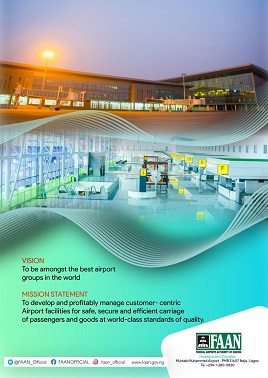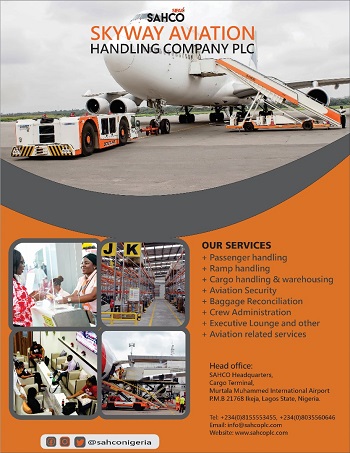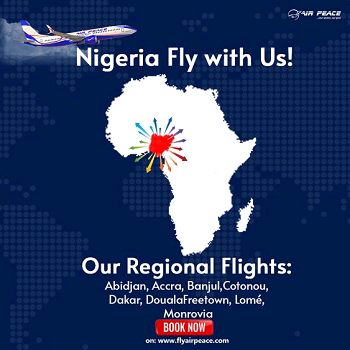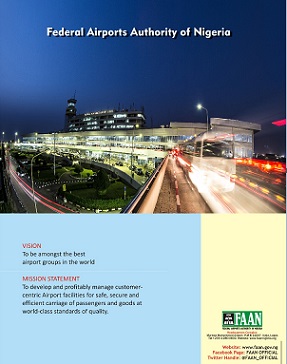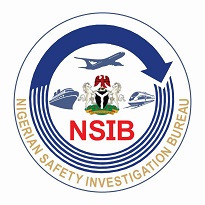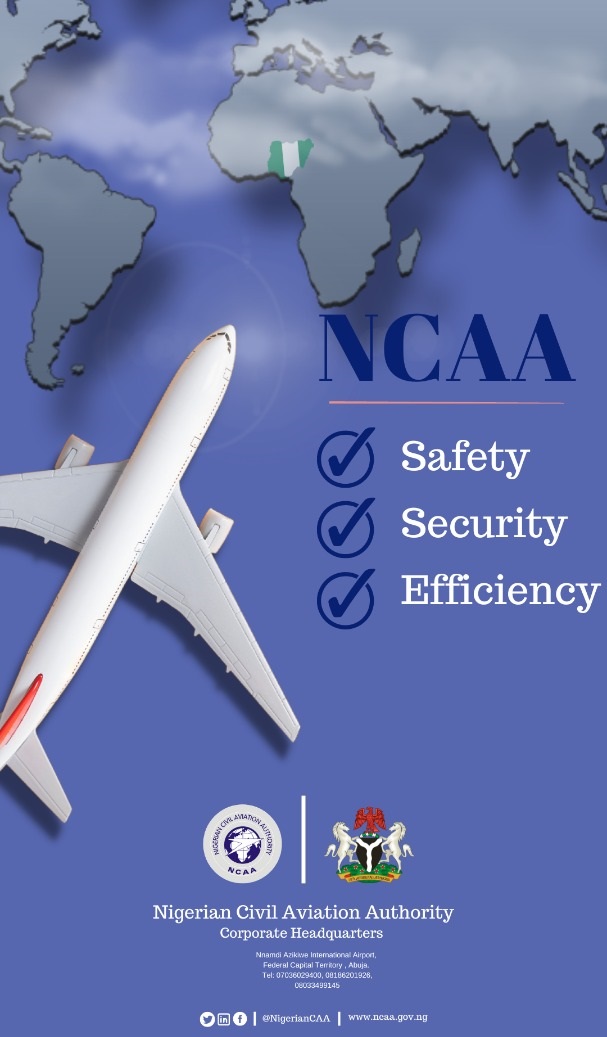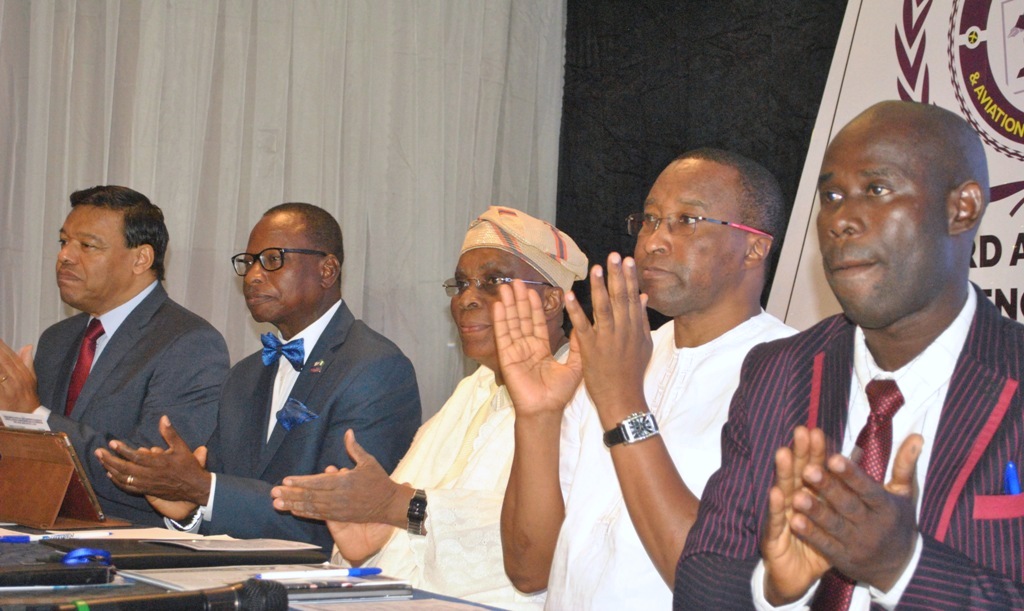
Stakeholders in aviation industry in Nigeria have resolved that consistency in government’s policy that would guarantee investors’ confidence is very essential to attracting the required volume of investments to boost aviation in Nigeria.
That was contained in a communique issued at the end of 23rd Annual Conference of League of Airports and Aviation Correspondents (LAAC) held at RadissonBlu Hotel, Ikeja Lagos yesterday.
The Conference with the Theme: Boosting Aviation Investments through Policy”, sought to address challenges domestic airlines grapple with among others which were agreed, hinged mostly on government policies and somersaults.
In his welcome address, Chairman of LAAC, Mr. Olusegun Koiki expressed gratitude to the guests for their presence and support.
Koiki noted that the aviation industry in Nigeria has suffered and still suffering from government policies and their somersaults which have kept the airlines in struggle to remain in business.
He therefore, said that there is need for policy measures that can address the hostile-investment environment in the industry to attract both local and Foreign Direct Investments (FDIs).
Chairman of the occasion and Chief Executive of Medview Airline Plc, Alhaji Muneer Bankole in his speech noted that aviation Industry is indispensable to the socio-economic development of any country and that Nigeria is not an exception, regretting the liquidation of the Nigeria Airways.
Bankole said Nigerian local airlines are not yet able to measure up to the expectation of maximising the country’s potential despite a population of over 200 million persons their advantage while other foreign airlines feast on the gains therein.
He lamented: “the industry started nose-diving from the late 80s through politisation, overbearing governmental intervention and policy inconsistency, hence gestation period of domestic airlines falls within the average of five to 10 years due to scarcity and high cost of aviation fuel, poor facility at our airports, obsolete infrastructure, multiple taxations, shortage of forex for airline operators, multiple designation for the foreign carriers and absence of Maintenance Repair and Overhaul (MRO) facility”.
Setting the tone for discussion, former Director General of the Nigerian Civil Authority, Dr. Harold Demuren, presenting his paper; ‘Boosting Aviation Investment Though Policy: Government Perspective,” said Nigeria needs stable legal and regulatory frameworks to grow the industry.
Demuren who was represented by the CEO of Sabre Network in Nigeria, Elder Gbenga Olowo, regretted that Nigerian aviation has never been bereft of policies but the policies are jettisoned each time a new ministers is in place.
He said government must implement key performance indexes among the civil servants.
Presenting the second paper; ‘Boosting Aviation Investment Through Policy: Airlines Perspective,’ CEO, Top Brass Aviation, Capt. Roland Iyayi, said Nigeria has a fragmented market that has led to disruptive competition.
He said the Nigerian Civil Aviation Authority (NCAA), should have both Safety and Development of the industry in their purview, but that they only focus consistently only safety to the extent that the airline industry is over regulated.
Chief executive Officer, African Aviation Services, Mr. Nick Fadugba, on ‘Vision 2030 for Nigerian Aviation,’ said that aviation can be a vital catalyst for African economic growth and social advancement.
Fadugba said Africa needs a safe, reliable, efficient and portable air transport industry that facilitates business, trade and tourism across the continent and between Africa and world.
Identifying the challenges, he said aviation safety, security, training, regulatory oversight, infrastructure, liberalisation, modernisation, funding, efficiency, affordability and profitability all need to be improved significantly.
He said a situation in which over 90 per cent of international air traffic to and from Nigeria is carried by non-Nigerian airlines is damaging to the economy in several ways, such as the huge capital flight from Nigeria, the continued deterioration of the Nigerian aviation industry and the loss of skilled aviation employment opportunities.
He supported the federal government’s plan to launch a new national carrier with minority government shareholding if it is one transparently and skillfully established. To succeed, he said the new national carrier needs a sound business plan, strategic industry partners, adequate funding, an experienced management team, well trained staff, a fleet of modern aircraft, a comprehensive route network, on-time performance, good customer service and no government involvement.
He recommended that .African governments and regulators need to provide an enabling environment, while African airlines should work together through inter-lining, code-sharing, joint ventures and mergers and acquisitions so as to form stronger carriers that can compete effectively, grow and prosper.
The Chairman, Air Peace, Barr. Allen Onyema, frowned at the belief that Nigerian airlines are not strong and condemned multiple designation and multiple entry rights granted foreign airlines operating into the country.
Onyema said Nigeria must begin to have deliberate policies to protect Nigerian investment, stressing that no foreign airline is doing Nigeria well but use some people in government to run domestic airlines out of business..
Proffering solutions to arrays of problems identified, Bankole suggested that the Federal Ministry of Transportation through the minister of state, Aviation and other relevant regulatory agencies need to reflect on the National Aviation Policy in conjunction with various stakeholders holistically.
He added that Bilateral Air Service Agreement (BASA) agreements with other major European and some Asian countries need to be urgently reviewed to reflect the interest of local carriers.
The conference agreed that appropriate policy statement regulating double taxation need to be quickly looked into in conjunction with the exorbitant cut-throat charges levied against Nigeria carriers to our various West African routes, particularly francophone states.
Similarly Capt Iyayi suggested that the Nigerian Civil Aviation Authority (NCAA) needs to make airlines survive by coming up with policies that are consistent, deliberate and focused addressing issues holistically. He equally suggested that government needs be supportive and get the right people in place.
He said the nation airports should be licensed on three tier levels to avoid unviability of airports.
The conference which entered into a session of panel discussion came out with the following resolutions on how to achieve investment drive that would grow the industry in Nigeria.
The discussants resolved as follow:
- The government should urgently review BASA agreements.
- .Foreign and local airlines should be encouraged to partner with government’s assistance because it is absolutely impossible for any Nigerian airline to succeed without partnership with an international carrier.
- The right partners should be sought and in the right area; technical, fares, etc.
- Policy should not change with change of industry heads bearing in mind that investors want certainty.
- Airline operators should be faithful in paying their charges to the Federal Airports Authority of Nigeria (FAAN) to ensure infrastructure acquisition and maintenance.
- The government should look into protecting the local carriers to remain in business with an enabling environment.
- There should be a central data system of the entire aviation industry.
- There is need for the media and entire industry to speak and express optimism.
- Nigerian airlines should collaborate.
- Inter-agency antagonism should be stopped.


